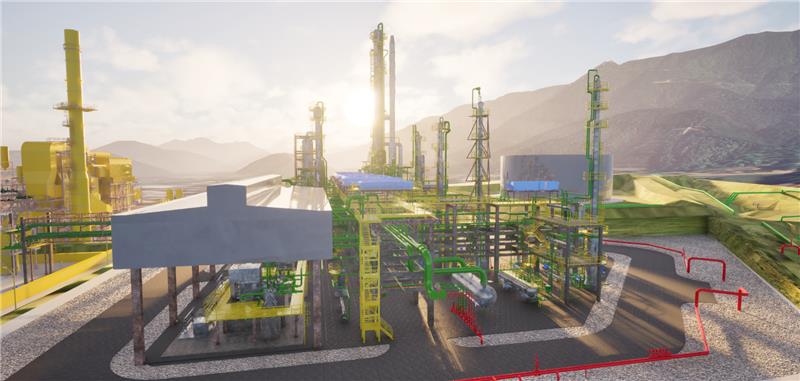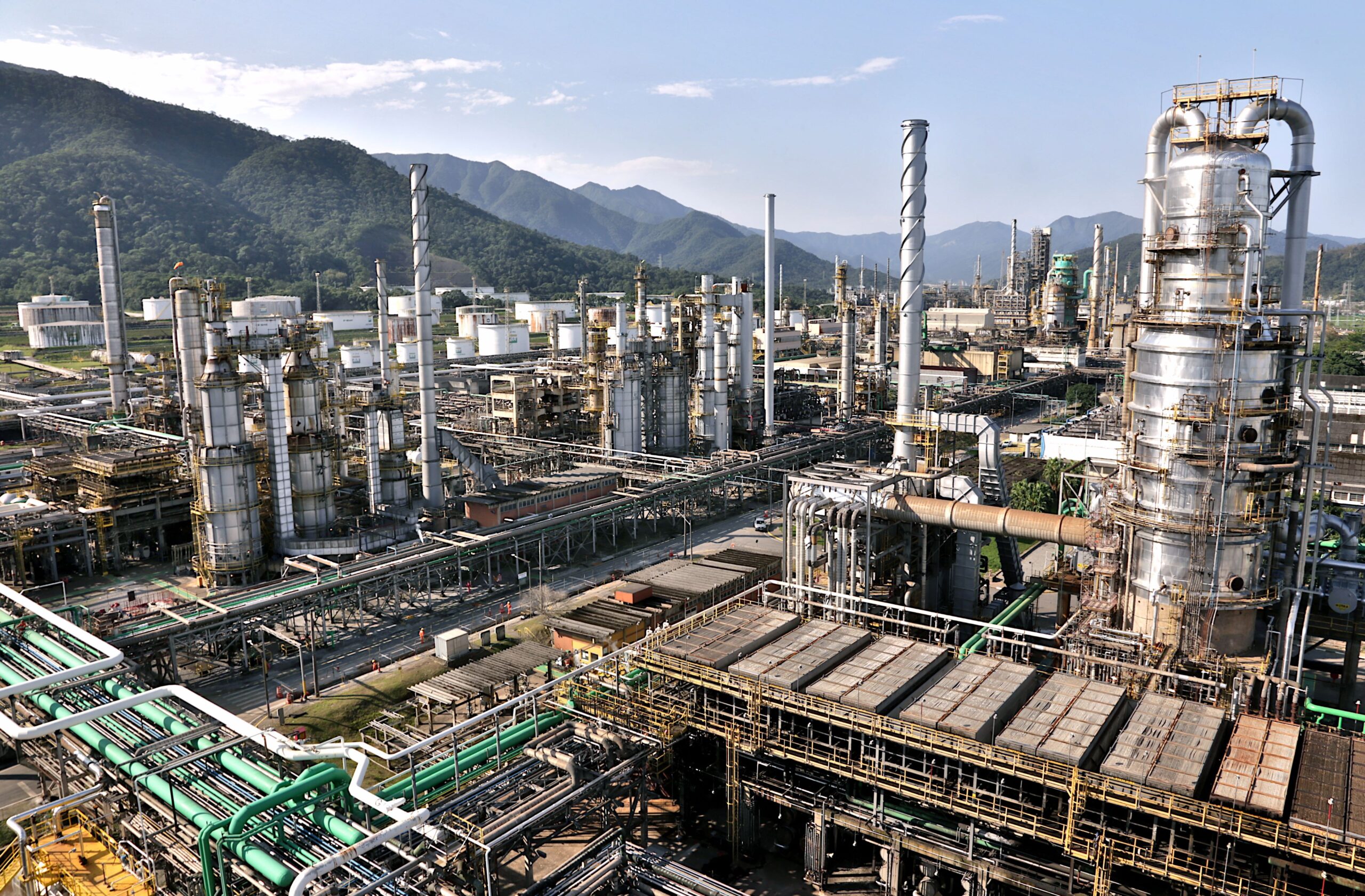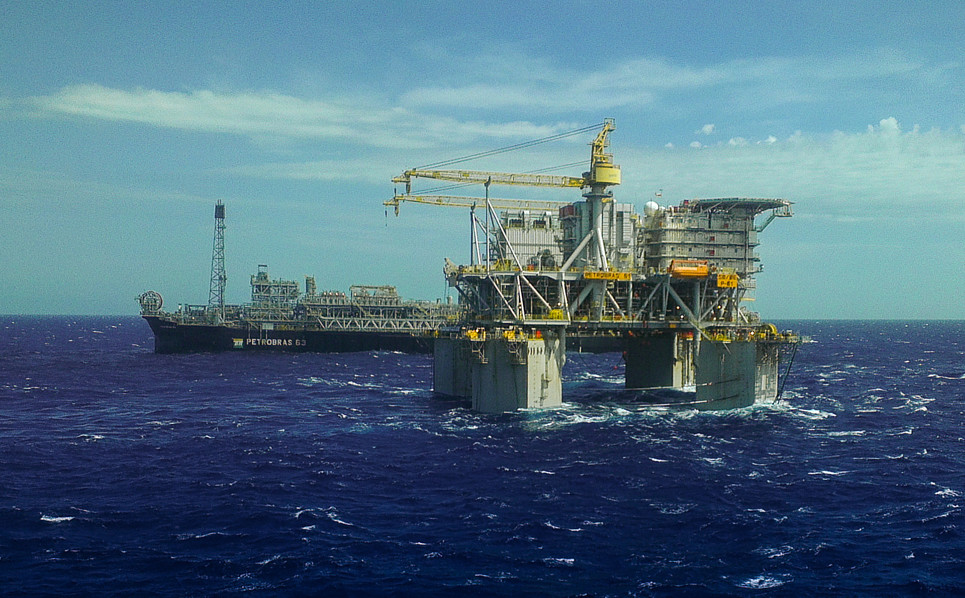RIO DE JANEIRO, BRAZIL (By Petrobras, 20.Aug.2025, Words: 440) — Petrobras has begun the contracting process to build its first plant dedicated to the production of BioQAV (or SBC, the English acronym for Sustainable Blending Component for SAF production) and renewable diesel (or HVO – Hydrotreated Vegetable Oil), to be installed at the Presidente Bernardes Refinery (RPBC), in Cubatão (SP).
The project foresees a processing capacity of about 950,000 tons per year of raw materials of vegetable origin and animal fat, generating a production capacity of up to 16,000 b/d of renewables (BioQAV and renewable diesel).
RELATED: Petrobras’ new diesel hydrotreatment unit at Replan started operations
For the construction of the new plant, the project was divided into five contracting packages. The bidding process for the first package, which is already open, refers to the pre-treatment unit, responsible for removing impurities from the raw material for subsequent conversion into BioQAV and 100% renewable diesel. The plan foresees the installation of tanks for storing derivatives and raw materials such as soybean oil and beef tallow, mainly from the Midwest, South, and Southeast regions.
RELATED: Petrobras says Búzios field surpasses record level of 900,000 b/d
“Petrobras is advancing in pioneering and in its ability to develop solutions that contribute to emission reduction targets. The dedicated plant for the production of renewable fuels at RPBC and the supply of new products to the market will be a milestone in the sustainable development we are committed to,” said Petrobras’ Director of Engineering, Technology and Innovation, Renata Baruzzi.
Contracts are expected to be signed in the second half of 2026, with construction beginning at the end of the same year. Approximately three thousand jobs are expected to be created for the execution of the works.
Commitment to the energy transition

Petrobras is committed to sustainable development and the implementation of solutions for a just energy transition. The dedicated plant for the production of BioQAV and renewable diesel represents a milestone in meeting the emission reduction targets of the country’s road and civil aviation sectors.
The project for the dedicated sustainable fuels plant at RPBC is aligned with Brazil’s Fuel of the Future law, global emission reduction initiatives such as the production of SBC (Sustainable Blending Component), and the commitments undertaken by aviation companies with CORSIA starting in 2027. CORSIA (Carbon Offsetting and Reduction Scheme for International Aviation) is the International Civil Aviation Organization (ICAO) program for reducing and offsetting CO2 emissions from international flights.
RELATED: Iberdrola agrees to sell Mexican businesses for $4.2bn
“The implementation of Petrobras’ first BioQAV and renewable diesel plant reinforces our leadership in the just energy transition and our commitment to Brazil’s sustainable development. We will deliver products with lower greenhouse gas emissions, in line with society’s demands and with a world in transformation,” said Petrobras’ Director of Industrial Processes and Products, William França.
____________________

